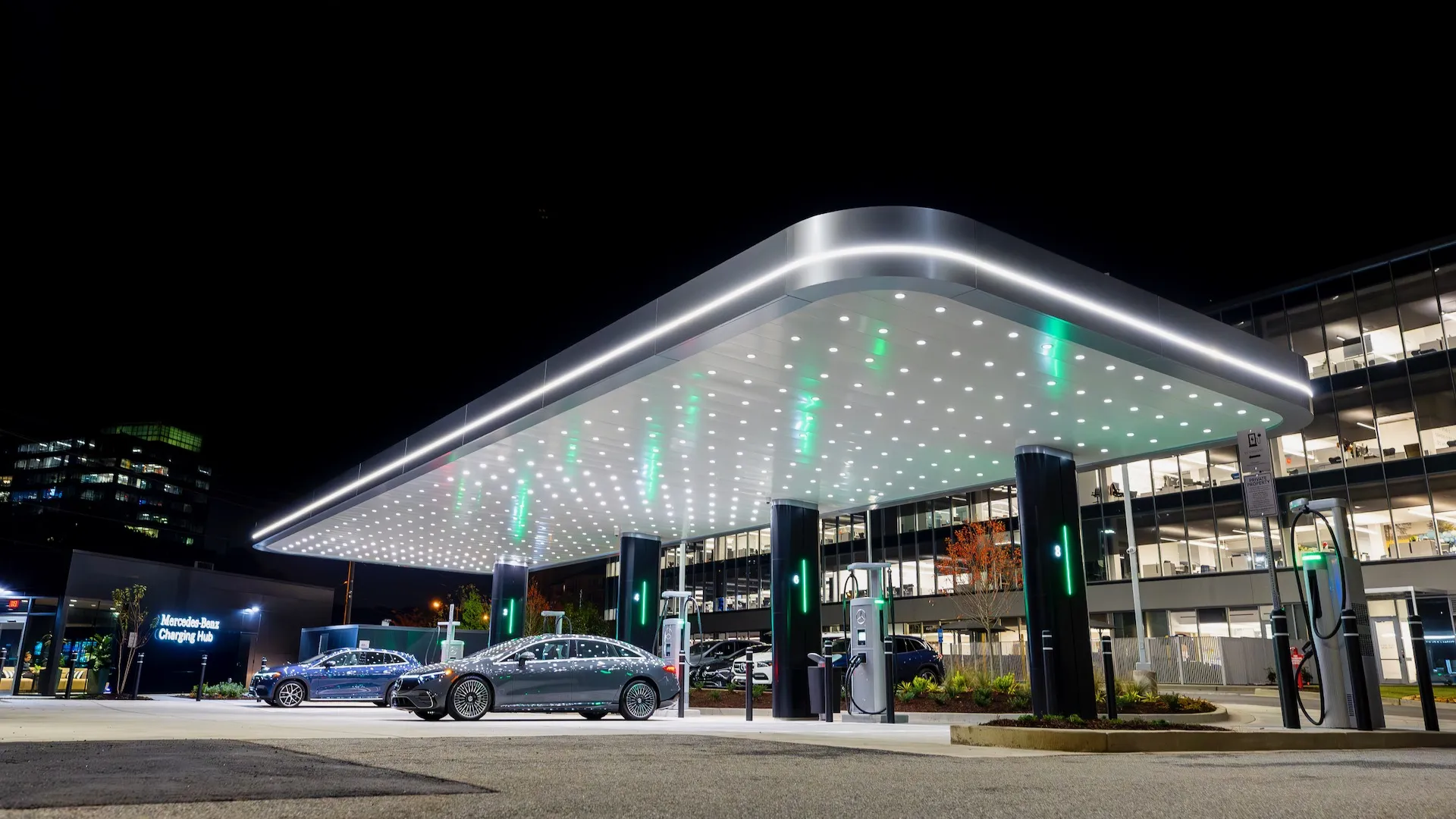For the better part of a year, students from ETH Zurich and the Lucerne University of Applied Sciences and Arts have spent every spare minute working on their electric vehicle, which they named mythen, overcoming setbacks and going back to the drawing board time and time again for certain components.
Now, Guinness World Records has confirmed that mythen broke the previous world acceleration record for electric vehicles. On the Switzerland Innovation Park in Duebendorf, Switzerland, directly opposite the students’ workshop, their racing car accelerated from zero to 100 km/h (zero to 62.15 mph) in just 0.956 seconds, accomplishing this feat over a distance of merely 12.3 metres. At the wheel was Kate Maggetti. This beats the previous world record of 1.461 seconds, set in September 2022 by a team from the University of Stuttgart by more than a third.
“Working on the project in addition to my studies was very intense. But even so, it was a lot of fun working with other students to continually produce new solutions and put into practice what we learned in class. And, of course, it is an absolutely unique experience to be involved in a world record,” says Yann Bernard, head of motor at AMZ.
All of mythen’s components, from the printed circuit boards (PCBs) to the chassis and the battery, were developed by the students themselves and optimised for their function. Thanks to the use of lightweight carbon and aluminium honeycomb, the race car weighs in at only around 140 kilos (309 pounds). Four-wheel hub motors that the students developed themselves and a special powertrain give the vehicle its impressive power of 240 kilowatts, or around 326 hp.
“But power isn’t the only thing that matters when it comes to setting an acceleration record – effectively transferring that power to the ground is also key,” says Dario Messerli, head of aerodynamics at AMZ. Conventional Formula One cars solve this through aerodynamics: a rear or front wing pushes the car to the ground. However, this effect only comes into play when the car has reached a certain speed. To ensure strong traction right from the start, the AMZ team has developed a kind of vacuum cleaner that holds the vehicle down to the ground by suction.
The AMZ team had set the world acceleration record for electric cars twice before – in 2014 and again in 2016. In the following years, their record was broken by a team from the University of Stuttgart. Now the world record is back in Swiss hands, and the ETH Zurich students are confident they will not relinquish it again anytime soon.
[photos: Alessandro Della Bella / ETH Zurich]










